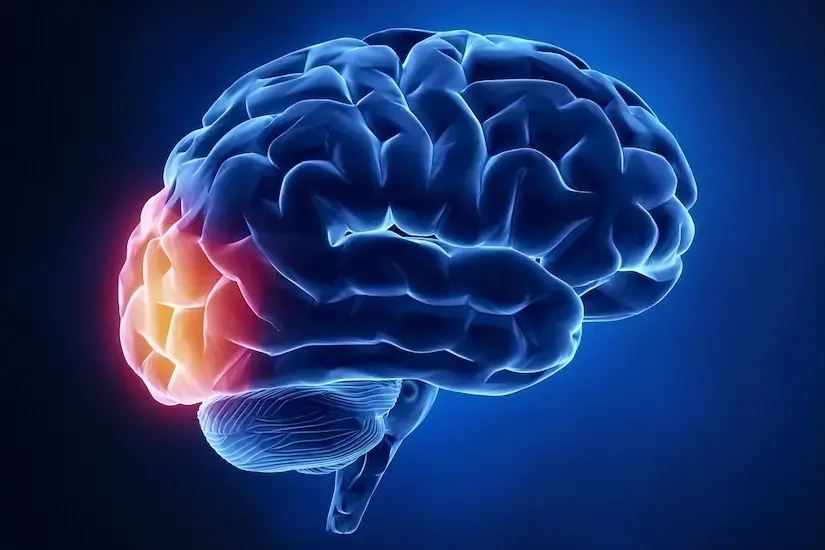In the realm of traumatic brain injury TBI care, the landscape is rapidly evolving, with cutting-edge research laboratories spearheading innovative approaches to diagnosis, treatment, and rehabilitation. These labs serve as the vanguards of trauma research, pushing the boundaries of scientific understanding and clinical practice to enhance patient outcomes and quality of life. At the forefront of this endeavor is a relentless pursuit to unravel the complexities of TBI, from its molecular mechanisms to its systemic effects on the brain and body. Within these laboratories, multidisciplinary teams of neuroscientists, clinicians, engineers, and computational biologists collaborate synergistically, bringing diverse expertise to tackle the multifaceted challenges posed by TBI. Advanced neuroimaging techniques, such as functional magnetic resonance imaging fMRI, diffusion tensor imaging DTI, and positron emission tomography PET, are leveraged to unravel the intricacies of TBI pathology, providing insights into the structural and functional alterations within the brain following injury. By elucidating the spatiotemporal dynamics of brain damage, researchers aim to develop targeted interventions tailored to the specific needs of individual patients.

Moreover, molecular and cellular investigations delve into the underlying mechanisms of TBI, exploring the role of neuroinflammation, excitotoxicity, oxidative stress, and synaptic dysfunction in driving neuronal injury and dysfunction. Through preclinical models and translational studies, novel therapeutic targets are identified, paving the way for the development of pharmacological agents, neuroprotective compounds, and regenerative therapies aimed at mitigating the deleterious effects of TBI and promoting neural repair and recovery. In parallel, bioengineering and biomechanics laboratories focus on enhancing the biomechanical understanding of TBI, elucidating the impact of mechanical forces on brain tissue integrity and developing innovative protective gear and impact mitigation strategies to prevent injury occurrence or minimize its severity. From advanced helmet designs to shock-absorbing materials, these initiatives strive to mitigate the risk of TBI in high-risk populations, such as athletes, military personnel, and individuals engaged in hazardous occupations. Furthermore, computational modeling and artificial intelligence AI play a pivotal role in advancing TBI care, offering predictive analytics, decision support systems, and personalized treatment algorithms based on individual patient characteristics, injury profiles, and clinical trajectories.
By integrating vast datasets encompassing genomic, proteomic, imaging, and clinical information, researchers aim to unravel the complex interplay of factors influencing traumatic brain injury labs in dallas outcomes, enabling precision medicine approaches tailored to optimize patient care and rehabilitation strategies. Beyond the laboratory bench, these research endeavors extend into clinical trials and community-based interventions, fostering collaborations with healthcare providers, advocacy groups, and policymakers to translate scientific discoveries into tangible improvements in TBI care delivery and accessibility. From novel neurorehabilitation protocols to telemedicine initiatives facilitating remote monitoring and support, the aim is to enhance the continuum of care and empower patients with TBI to achieve optimal recovery and functional independence. In essence, the laboratories at the forefront of trauma research are driving transformative innovations in TBI care, catalyzing a paradigm shift towards personalized, precision medicine approaches that prioritize patient-centric care, interdisciplinary collaboration, and translational impact.
